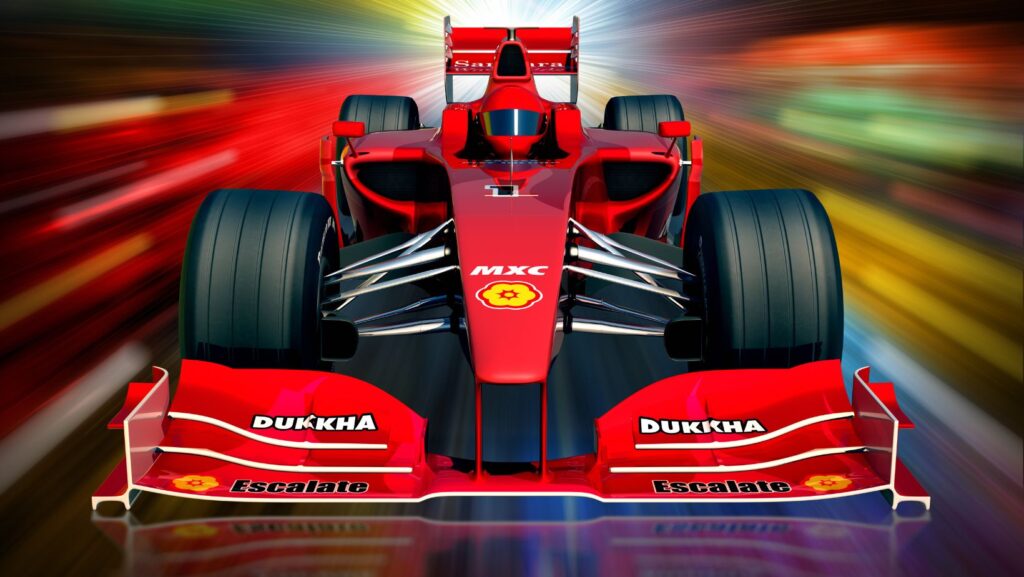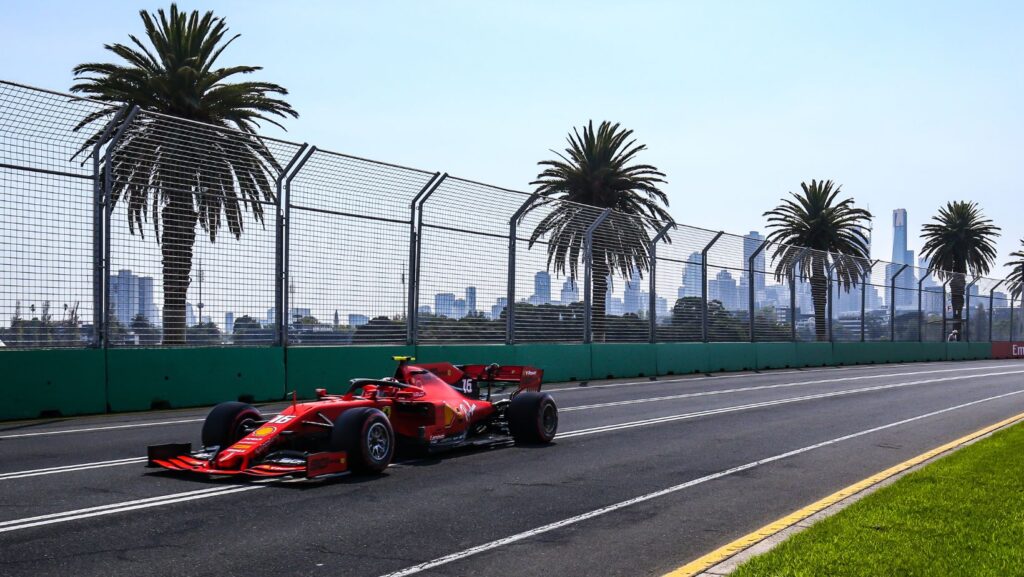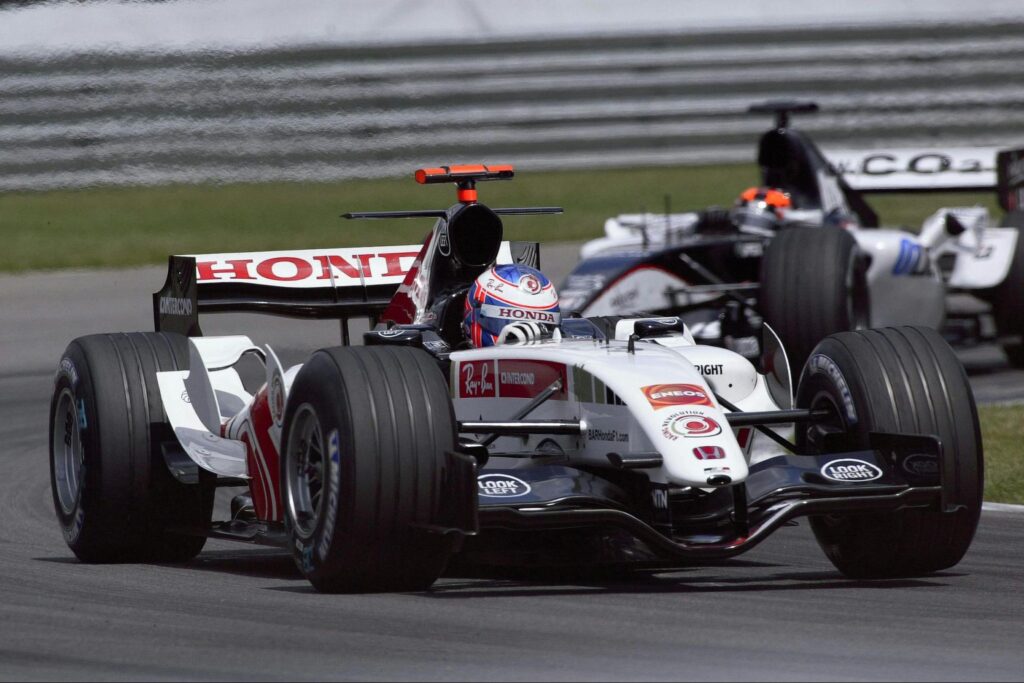Racing, Drama and Cinematic Innovation: Formula 1 Movies
Formula 1 Movies
Exploring how Formula 1 is portrayed in movies over the years reveals an evolution in storytelling and cinematic techniques. From classic films to modern blockbusters, Formula 1 movies have captured the essence of racing, showcasing the thrill of the sport while weaving in compelling narratives that resonate with audiences worldwide. This journey also offers interior inspiration, as filmmakers often create immersive environments that reflect the high-speed world of racing.
- Early Depictions: In the early days of Formula 1 movies, filmmakers focused primarily on showcasing the adrenaline-fueled races and the technical aspects of the sport. Movies like “Grand Prix” (1966) and “Le Mans” (1971) set the foundation for the genre, emphasizing the sheer speed and danger of Formula 1 racing.
- Human Drama: As the genre evolved, Formula 1 movies began to delve deeper into the personal lives of drivers, team dynamics, and the psychological toll of competitive racing. Films such as “Rush” (2013) and “Senna” (2010) brought a human element to the screen, portraying the rivalries, friendships, and tragedies that define the sport.
- Technological Advancements: With advancements in CGI and filmmaking technology, modern Formula 1 movies have been able to recreate racing sequences with stunning realism. Films like “Ford v Ferrari” (2019) blend cutting-edge visual effects with gripping storytelling, immersing viewers in the high-stakes world of Formula 1.
- Global Appeal: Formula 1 movies have transcended borders, captivating audiences around the world with their universal themes of ambition, perseverance, and triumph over adversity. These films have not only entertained viewers but also shed light on the dedication and passion of Formula 1 teams and drivers.
The evolution of Formula 1 movies reflects the enduring appeal of the sport and its ability to inspire storytelling that resonates with audiences across generations. As technology continues to advance and filmmakers explore new narratives, the world of Formula 1 cinema is poised to captivate viewers with its thrilling blend of speed, drama, and human spirit.

Notable Formula 1 Movies
Exploring the world of Formula 1 movies reveals a rich tapestry of films that have immortalized the thrill and drama of racing on the big screen. From classic masterpieces to contemporary blockbusters, Formula 1 cinema has captivated audiences with adrenaline-pumping plots and human narratives that transcend the track.
- “Grand Prix” (1966)
- Directed by John Frankenheimer, this timeless classic revolutionized the depiction of Formula 1 racing on film.
- Known for its pioneering use of in-car cameras, “Grand Prix” offers viewers a visceral experience of the sport’s intensity.
- “Le Mans” (1971)
- Starring Steve McQueen, “Le Mans” immerses audiences in the world of endurance racing, showcasing the grit and passion of drivers.
- With minimal dialogue and a focus on the raw essence of racing, this film remains a favorite among motorsport enthusiasts.
- “Rush” (2013)
- Directed by Ron Howard, “Rush” chronicles the intense rivalry between James Hunt and Niki Lauda during the 1976 Formula 1 season.
- Balancing heart-pounding race sequences with deep character exploration, “Rush” offers a poignant portrayal of ambition and resilience.
- “Ford v Ferrari” (2019)
- This Oscar-winning film delves into the legendary battle between Ford and Ferrari at the 1966 24 Hours of Le Mans.
- With stellar performances by Matt Damon and Christian Bale, “Ford v Ferrari” captures the essence of teamwork, innovation, and the pursuit of excellence.
- “Senna” (2010)
- A documentary film that celebrates the life and career of the iconic Formula 1 driver Ayrton Senna.
- Through archival footage and interviews, “Senna” provides an intimate look at the passion and tragedy that defined Senna’s legacy.
These notable Formula 1 movies exemplify the diverse storytelling approaches that have elevated the genre, offering viewers a glimpse into the high-stakes world of racing while delving into the human drama and emotions that drive these remarkable athletes.

Future Outlook for Formula 1 Movies
Continuing the trajectory of cinematic innovation in Formula 1 movies, the future promises even more engaging storytelling and immersive experiences. Filmmakers are expected to deepen their collaboration with racing experts to ensure authenticity in depicting the high-octane world of Formula 1. This close partnership not only enhances the accuracy of racing sequences but also brings a level of realism that resonates with both die-hard fans and newcomers to the sport.
In the coming years, Formula 1 movies are likely to delve further into the personal lives of drivers, team principals, and key figures, exploring the intricacies of their relationships, rivalries, and the emotional journeys that unfold both on and off the track. By intertwining adrenaline-pumping race sequences with compelling personal narratives, filmmakers will strive to create a more profound connection between viewers and the characters, drawing audiences into the intense world of Formula 1.



